By Solyana Bekele
August 29, 2024

Working his way across the major cities in the United States for his 2024 My Generation tour, visiting Minneapolis, Denver, Oakland so far, the EDM-pioneering Ethiopian artist Rophnan will make his way to the nation’s capital on Aug. 31 at Echostage performance venue.
Rophnan delighted fans this year when he released two full albums in one day (ZETEGN NOR and ZETEGN HARAMBEE). It’s clear that Rophnan wasted no time since the release of his 2022 album Sidist (VI) before he began work on a new, but somehow thematically consistent, concept in his newest works. This quick turnaround time doesn’t only demonstrate Rophnan’s ability to produce quickly, but also his multifaceted-ness as the quality of his music and the versatility of his sounds have only advanced.
The ten-track album ZETEGN NOR includes party-starters like “HEBO” and “JEMAW (feat. Hupa),” but also mellow, Afrobeats-inspired tracks like “MENGED (feat. Iri Di).” The popular fifth track “SHEGIYE” is no less a party starter but is distinguished by the fact that it’s a love-letter to Ethiopia’s capital Addis Ababa—or as Rophnan fondly sings አዱ ገነት (“Adu Genet”). “SHEGIYE” can be considered a classic roll-call anthem in which different parts of a given city or country are called out with the intent to excite people within the audience who might be from those respective areas.
ZETEGN HARAMBEE also manages to strike that same balance with ballads like “TAMRIYALESH,” self-affirming tracks like “ENA,” and celebrating the power and beauty of the Ethiopia script in the shortest track of the album “FIDELAT.”
Part of what makes Rophnan’s music popular among both the Ethiopian youth at home and abroad is the fact that his music is an image of what a united Ethiopia could look like. I think Rophnan’s music speaks to the deep dissatisfaction many of the Ethiopian youth, and the Ethiopian people more generally, feel about animosities arising from ethnic tensions. But more importantly, provides a sense of hope for a brighter future. This is a brighter future not made from hiding from the errors of our past but learning from them. And for Rophnan it’s partly the responsibility of this generation to make sure that neither historical nor familial trauma gets passed down, but rather, ends with us.
Rophnan’s rise to fame has been compared to that of Bob Marley’s—not in reach (at least not yet) but in the sense of popularizing a specific genre to a new audience. However, I also think it’s worthwhile to make another connection. Besides the dreadlocks, Rophnan parallels Marley in the sense that his music is not art for the sake of art, but art with a purpose. Art that can change your perspective. Art that can touch your consciousness. Art that can reach the deepest part of your soul and make you feel. Feel what, exactly? Well, that’s up to the artist’s discretion, and sometimes even beyond that since art can take a life of its own.
True, not every single track of every album Rophnan has released has a deep political meaning (even Marley’s didn’t). However, in the tracks where he may be seen as political, he’s affirming humanity above ethnicity, religion, or any other means of demarcating difference. Like in the first track of his 2022 mini-album “SOST (III),” ሰዉ ነህ ይላል (“Sew neh yilal”), Rophnan chooses to emphasize sameness and unity.
Now it should be quickly noted that this isn’t done at the expense of cultural difference or diversity. Rophnan goes out of his way to emphasize and showcase the various cultures within Ethiopia. He sings in Amharic, Afaan Oromo, Tigrinya and more. (My favorite example of this is “AJAIB,” track 4 of ZETEGN HARAMBEE,” where Rophnan almost imperceptibly switches mid-verse and in between verses from Amharic to Afaan Oromo and vice versa.) He even uses Arabic and Swahili (Harambee is a Swahili expressing unity), also emphasizing his pride in his African identity since Swahili is Africa’s most widely spoken language.
His choice of EDM (Electronic Dance Music) as his primary mode of expression is also tied to not just his embrasure of modern sounds—as he’s known for mixing various traditional Ethiopian sounds within his beats—but also to the fact that his work in many ways is a consciousness-altering product for his generation. It’s no coincidence his U.S. tour is titled “My Generation.” He wants to reach young people, and I think he’s succeeded in that.
The real challenge may come in what Dr. Bahru Zewde has argued is what’s confronting many Ethiopian youths in recent times.
In a 2019 interview about the Ethiopian Student Movement of the 1960s with Jacobin Magazine, Dr. Bahru closes with the salient point that, “Students are so fragmented along ethnic lines they cannot even mobilize for a common cause….nowadays, everyone is in their own ethnic shell. This is completely different from the situation in the 1960s. Right now, it’s difficult to have a pan-Ethiopian organization.”
Dr. Bahru may not hold the same opinion as he did five years ago, but the concerns he raises arguably still exist. It’s not any specific artists’ job to tackle these issues, but it should be noted and celebrated when once-in-a-generation musicians like Rophnan use their music to remind us that not only can our differences be a point of strength and pride but also love and compassion.




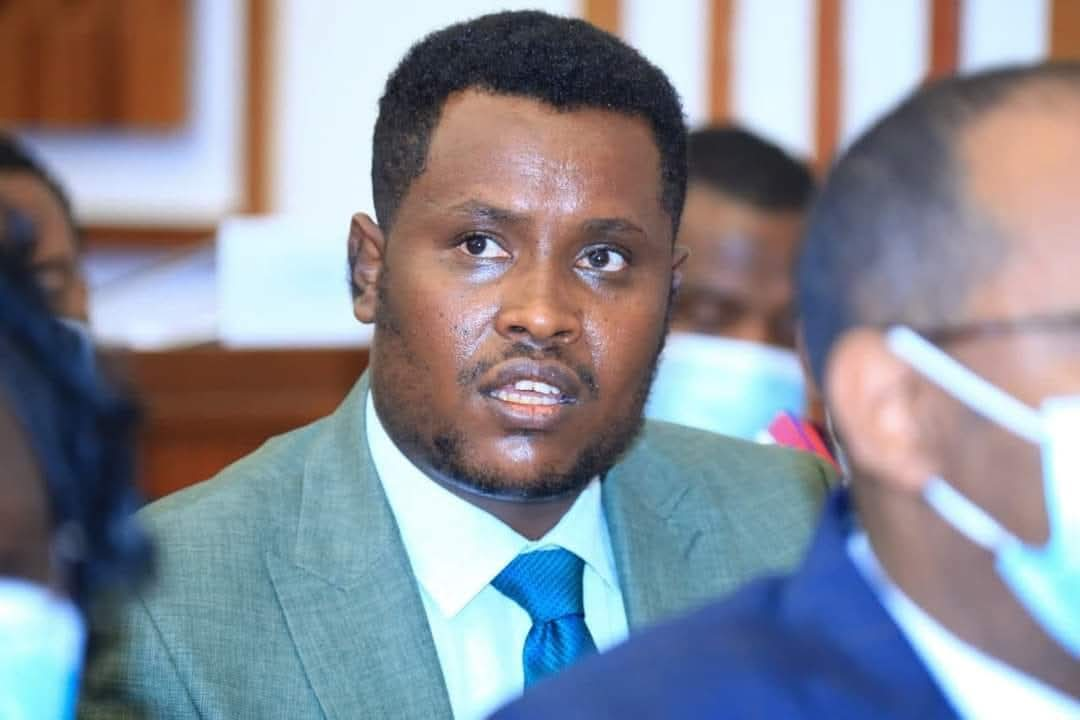


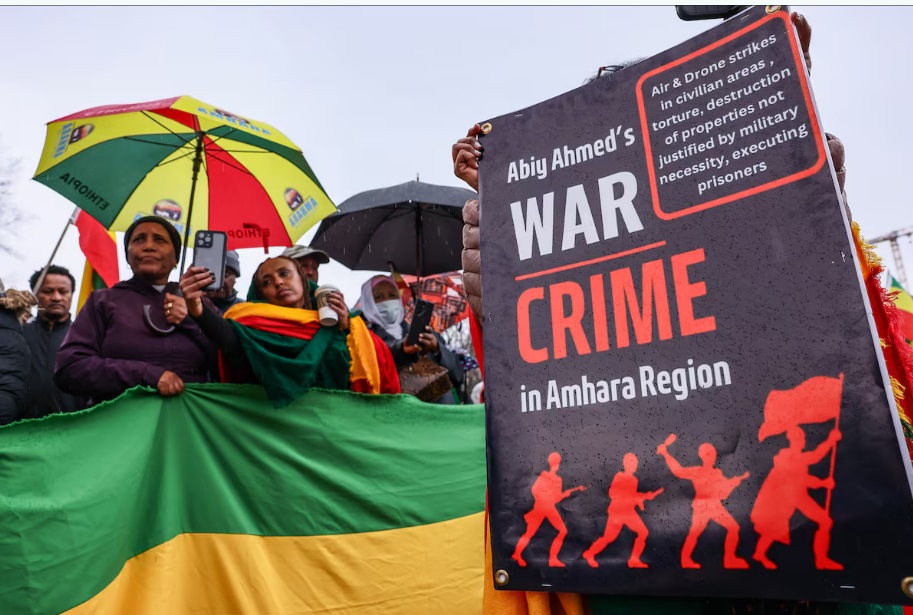

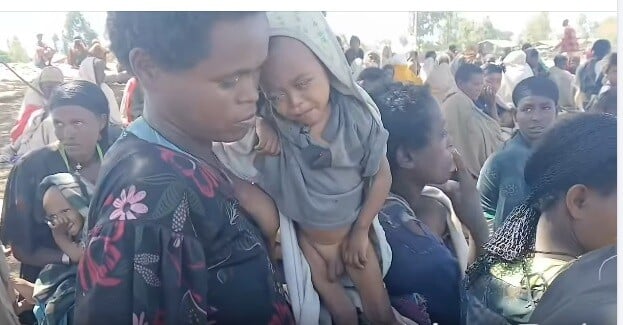


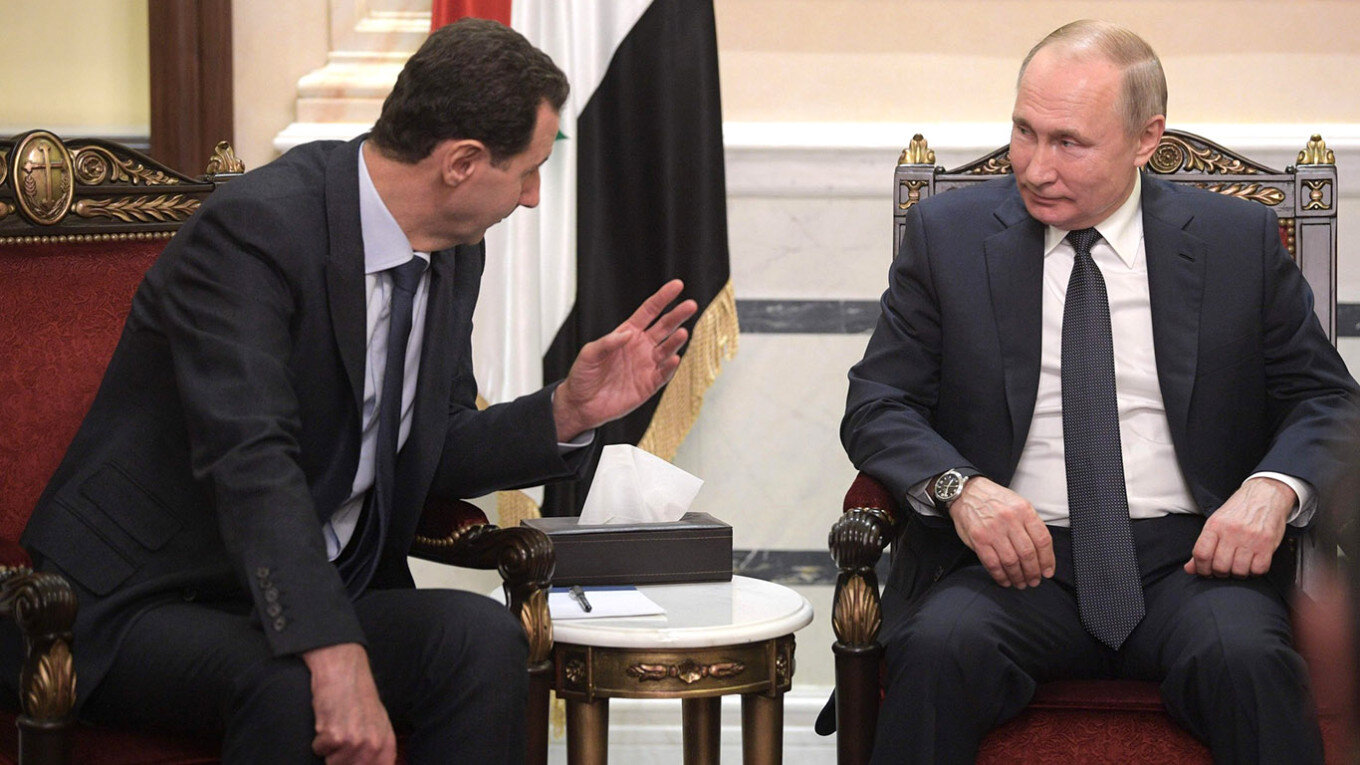
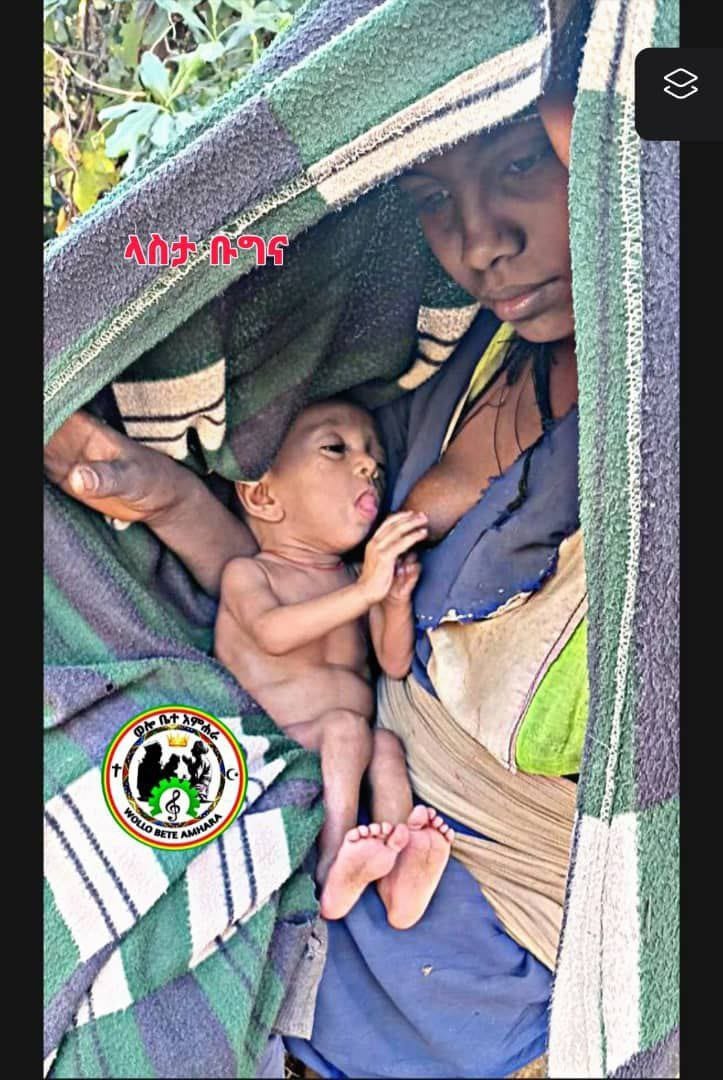



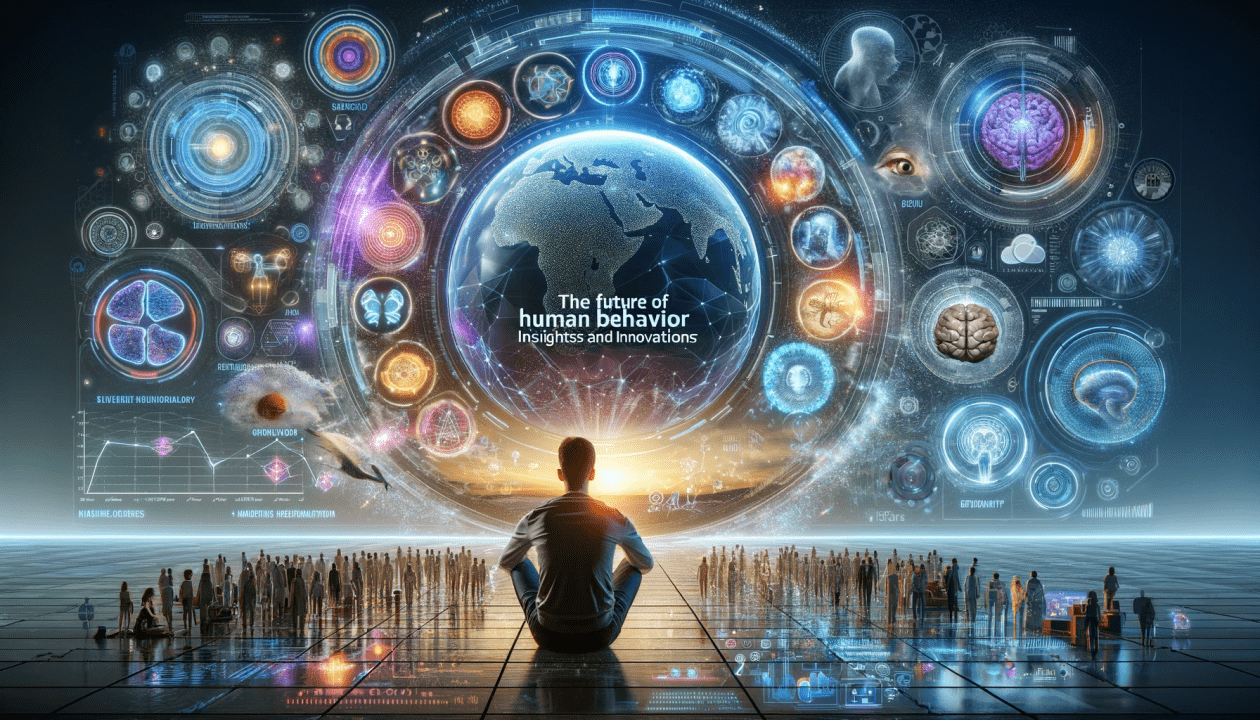
Very good observation and nicely narrated article
Keep it up ., !